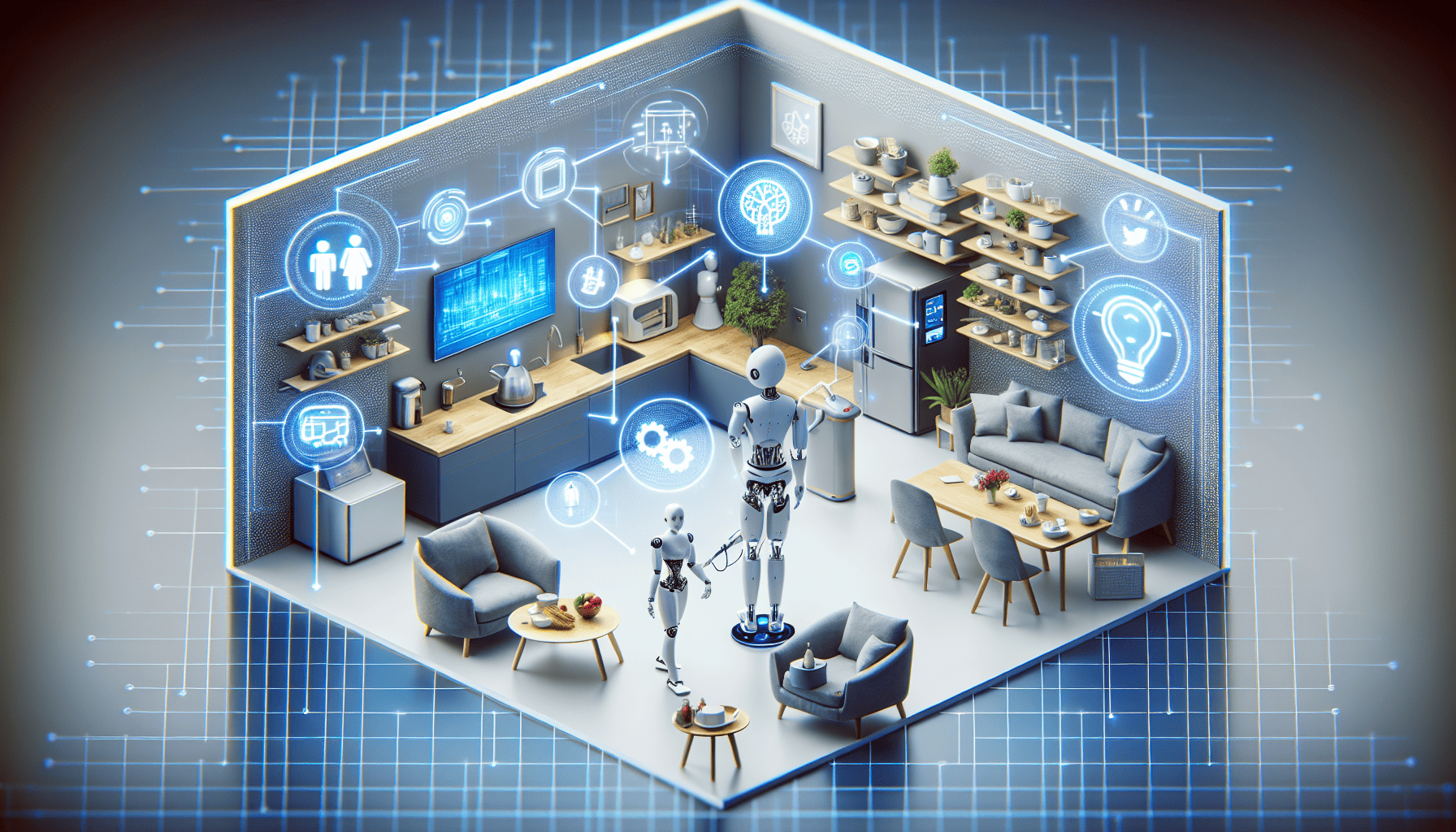Artificial Intelligence is making waves in daily life. Everywhere you look, AI tools and systems are seamlessly blending into the fabric of our everyday activities, transforming how we live, work, and play. From personalized recommendations to smart home devices, AI's influence is undeniable and growing. Let's explore some of the latest AI applications and how they're reshaping our world.
One of the most visible impacts of AI in everyday life is through personalized recommendations. Whether you're scrolling through your favorite streaming service, shopping online, or even listening to music, AI algorithms analyze your preferences and behaviors to suggest products and content that align with your tastes. This level of personalization not only enhances user experience but also helps businesses better understand their customers.
Healthcare is another sector experiencing a revolution through AI integration. AI-powered tools are assisting doctors in diagnosing diseases with greater accuracy, predicting patient outcomes, and personalizing treatment plans. For instance, AI algorithms can analyze medical images, such as X-rays and MRIs, to detect anomalies that might be missed by the human eye. Furthermore, wearable devices like smartwatches use AI to monitor vital signs, providing real-time health insights and predictive analytics that can preempt medical emergencies.
In the realm of transportation, AI is driving significant advancements. Autonomous vehicles, once a figment of science fiction, are now a reality. Companies like Tesla and Waymo are developing self-driving cars that use AI to navigate complex urban environments. These vehicles rely on sophisticated algorithms that process data from an array of sensors, ensuring safer and more efficient transportation. Ride-sharing services are also leveraging AI to optimize routes, reduce wait times, and improve overall service efficiency.
Smart home devices exemplify AI’s integration into our daily routines. AI-powered assistants like Amazon's Alexa, Google Assistant, and Apple's Siri have become household staples. These intelligent assistants can control various home functions, from adjusting thermostats and managing lights to playing music and providing weather updates, all through voice commands. They learn from our habits and preferences, making our interactions increasingly seamless and intuitive.
Education is not left out in this AI revolution. AI-driven platforms offer personalized learning experiences, adapting to individual student’s strengths and weaknesses. These systems provide customized resources, exercises, and feedback, making education more accessible and engaging. Additionally, AI is facilitating remote learning, a trend that has gained immense traction due to the recent global shifts towards online education.
Retail is another industry being transformed by AI. From virtual fitting rooms that allow customers to try on clothes digitally to chatbots offering instant customer service, AI is enhancing the shopping experience. Inventory management systems powered by AI predict demand patterns, helping retailers manage stocks more efficiently and reduce waste.
One cannot overlook the role of AI in enhancing our communication tools. Natural Language Processing (NLP) algorithms enable chatbots and virtual assistants to understand and respond to inquiries more naturally. Machine translation services have improved, allowing for real-time translations that bridge language barriers. AI is even being used in content creation, generating text, images, and videos that cater to specific audience needs.
However, as AI continues to permeate our daily lives, it also raises important ethical considerations. Issues related to privacy, data security, and the potential for bias in AI algorithms are critical challenges that need addressing. As we celebrate the conveniences and advancements brought by AI, it is equally essential to critically examine its implications and strive for responsible and ethical AI deployment.
In conclusion, AI is undeniably becoming an integral part of our day-to-day lives. Its applications span various sectors, enhancing convenience, efficiency, and personalization. As AI technology continues to evolve, it promises even greater innovations and transformations, making the future of daily life with AI both exciting and promising.
